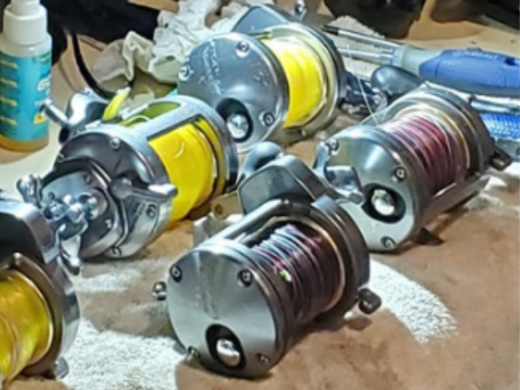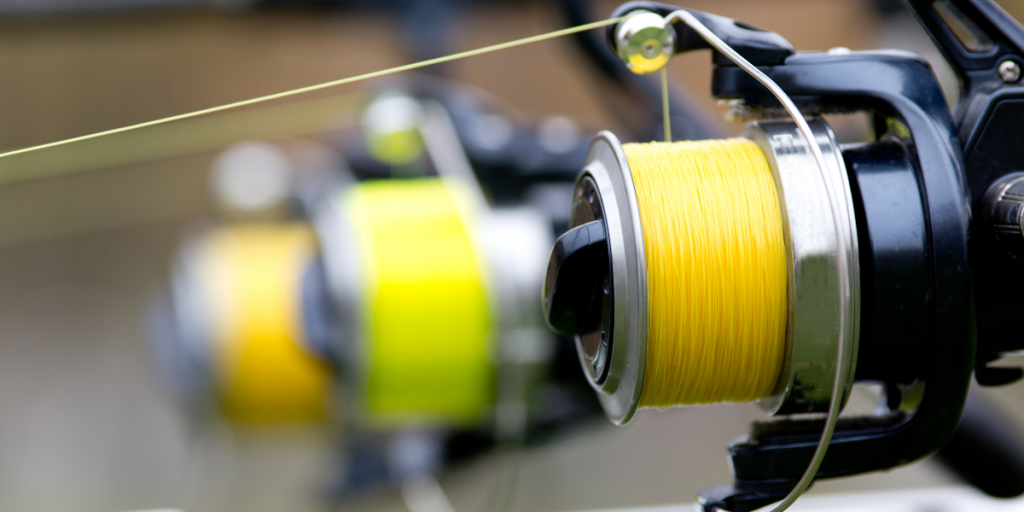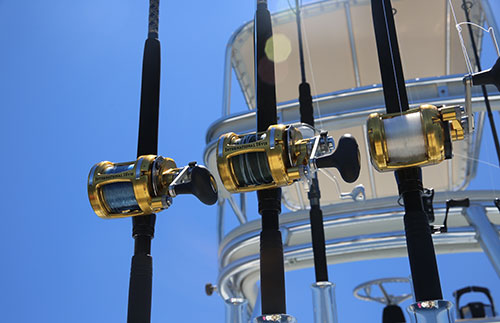Maintaining The Tools Of The Trade
Saltwater fishing tackle has come a long way in recent years. It seems like only yesterday that PENN, Shakespeare, Pfluger and Garcia were at the top of the list when it came to finding top fishing reels. Today there are new names coming on the market, what seems like every week. This new level of fishing gear, as you might guess, is far more complicated than its predecessors. It’s safe to say that fishing gear of today, both rods and reels, as well as lures, demand greater attention than those of the past.
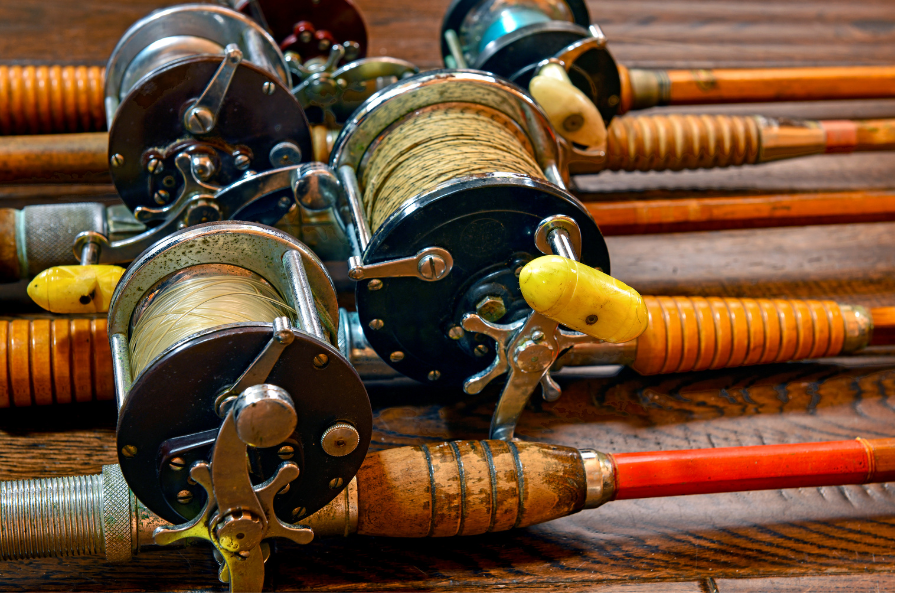
The lack of gear maintenance has several negative results. Primarily, it can cause you to lose that record fish you had hooked which creates frustration and laughter among those fishing with you. Poor care or no maintenance can also be expensive when it comes to repairs or worse yet, replacement. Too many times, anglers only discover a tackle problem when it is all too late. The 2 most destructive impacts on a fishing reel are wear and tear as well as oxidation that can cause moving parts to seize up. The other is lack of cleaning and lubricating. Anglers that fish frequently combined with fishing for larger fish find that they must clean and lubricate more often than those that are fishing more infrequently. This results in the more avid anglers having to service their reels more than once per year.
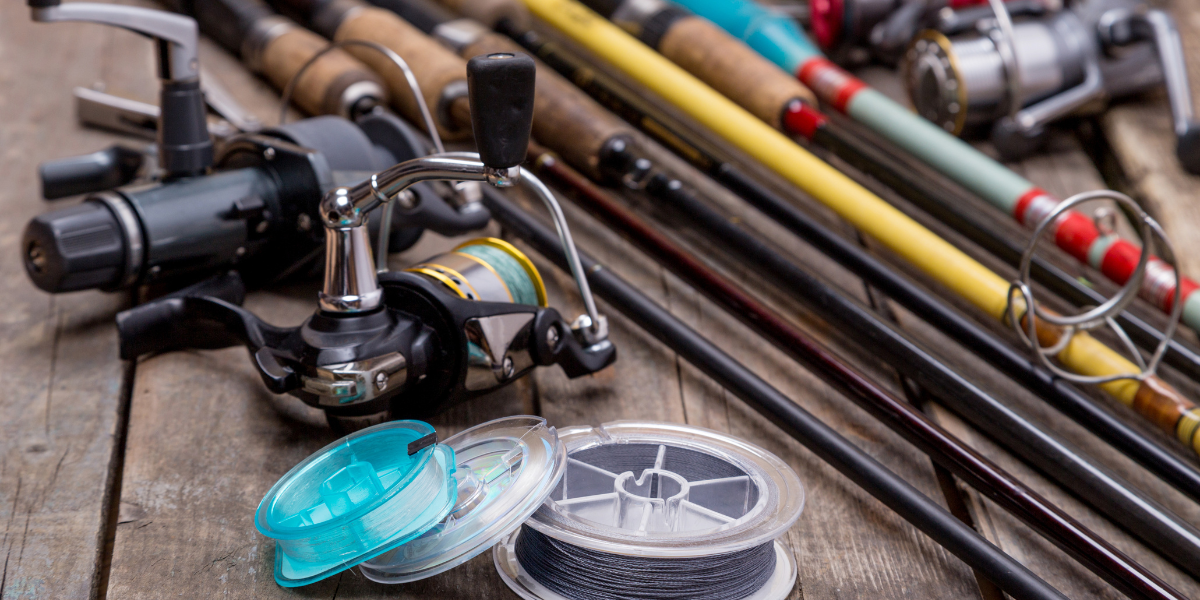
In addition to the fishing reel’s mechanical workings, changing the line on a consistent and frequent basis is also key. Multiple factors impact the health of your fishing line. Certainly, constant contact with the saltwater environment is the biggest concern. But don’t overlook the sun’s UV rays that can have a considerable impact as well. Keeping your rods and reels out of the sunlight will extend the life of the line much longer. In fact, fishing guides in tropical climates will commonly change their fishing line every 4-5 trips for this reason.
Rods have similar issues with UV rays. This means making sure they are out of the sun and sprayed off with fresh…. not saltwater after each trip which is important to their life’s span. It’s aways a good idea to remove your rods and reels from your truck once you’re home to protect them from those same threats. Many anglers cover their rods and reels just for additional protection.
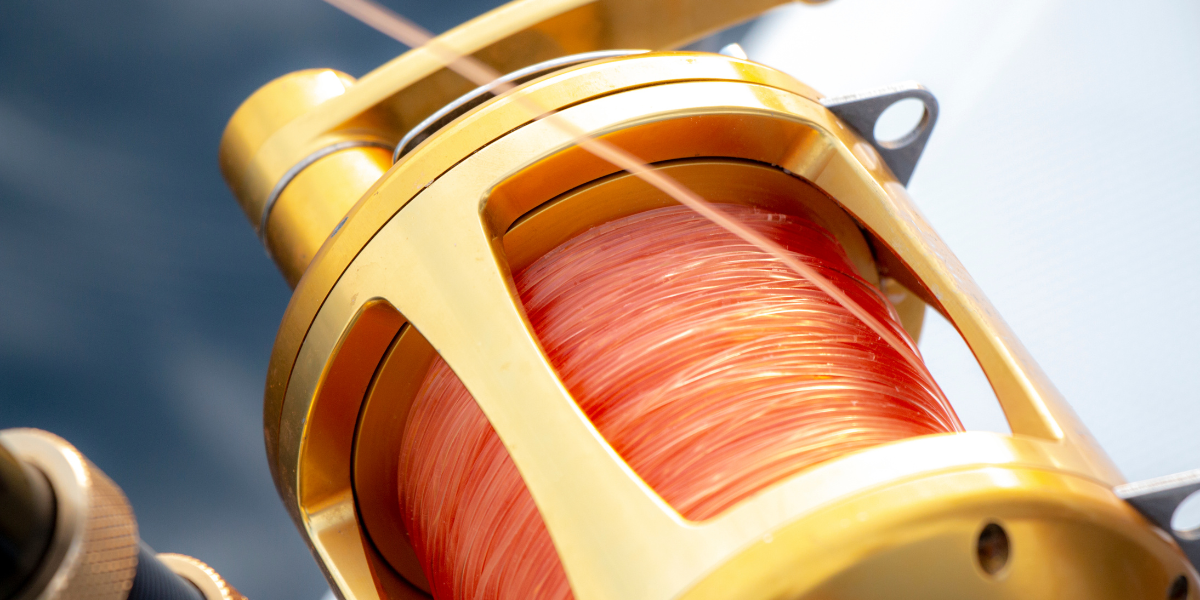
It’s also a good idea to grab your rod and reel owner’s manual. Sit down and learn about the workings of your gear. This will make it possible to better inspect and determine which parts need to be fixed or repaired. Get familiar with your gear. It’s time well invested. While today’s rods and reels can be a bit complicated, getting to know them is easier than you think.

You may be interested
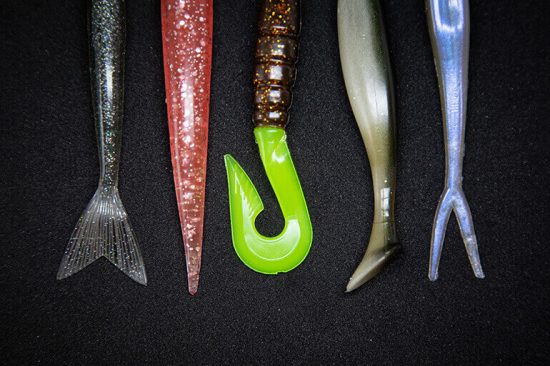
Soft Plastics….A Winter Fishing Tactic
Tim Wilson - February 8, 2026Winter fishing with plastic baits is a game-changer when it comes to inshore cold-water fishing. Even in warm regions like the Charleston Lowcountry, the winter months require…
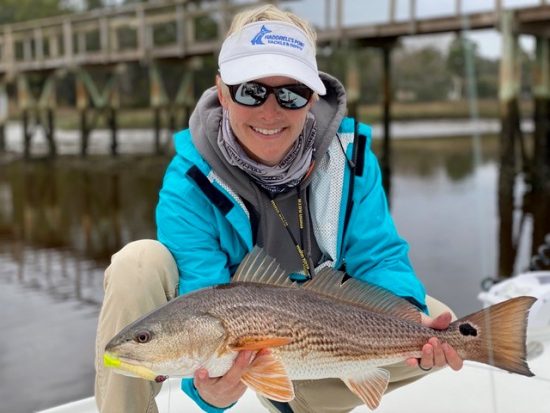
Dock Fishing For Winter Reds…Slow It Down
Tim Wilson - January 21, 2026With the fishing winter pattern still a factor for a few more months, fishing around docks can be a strategy that makes or breaks a day of…
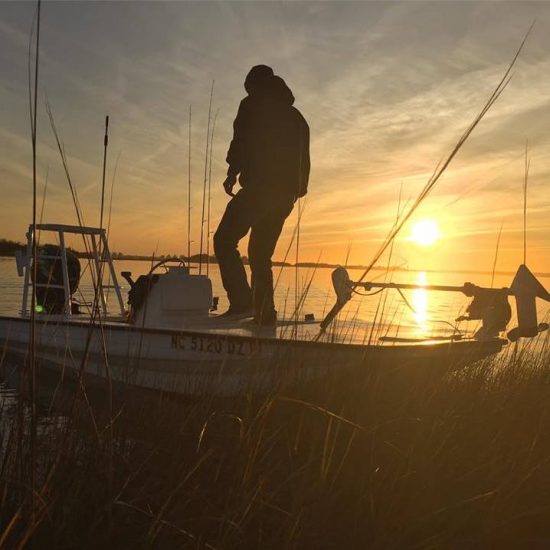
Winter Fishing In the Carolinas
Tim Wilson - January 21, 2026For many anglers, winter marks the end of fishing season. Boats are winterized, tackle gets reorganized, and attention shifts to waiting on spring. But seasoned Carolina anglers…
Most from this category


